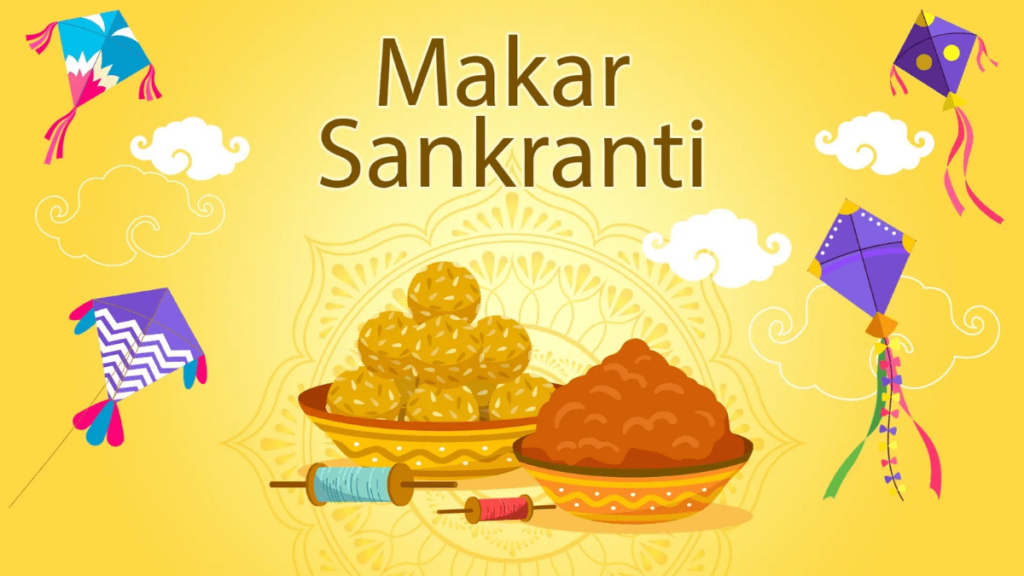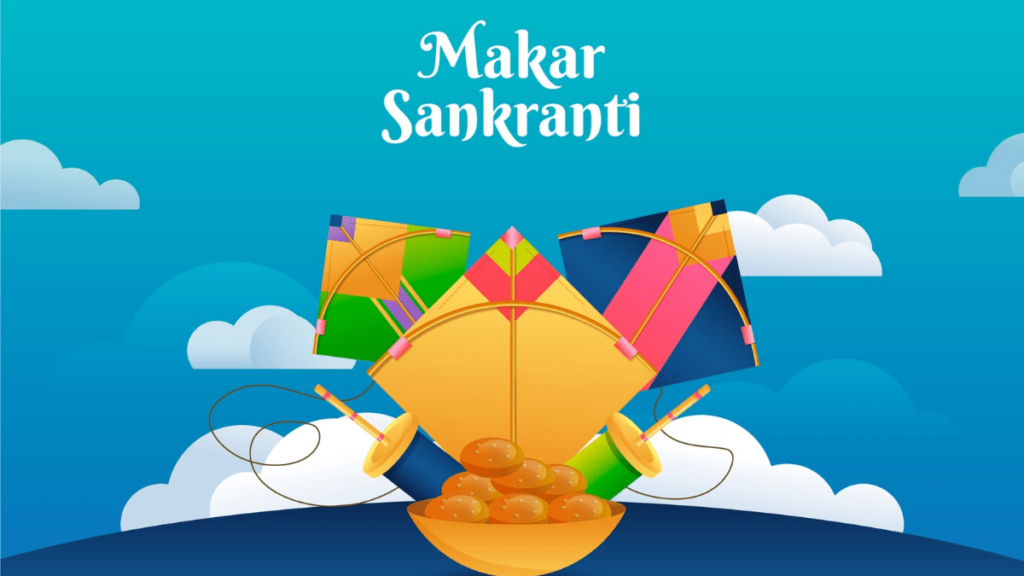
The Significance of Makar Sankranti in Indian Culture Makar Sankranti is a vibrant festival celebrated across India, marking the transition of the Sun into the zodiac sign Capricorn, known as Makara. In 2025, Makar Sankranti will be observed on Tuesday, January 14. This festival signifies the end of winter and the beginning of longer days, symbolizing the victory of light over darkness.
Why Makar Sankranti Matters
Makar Sankranti holds deep significance in Indian culture for several reasons:
- Astronomical Importance: This festival marks the end of the winter solstice. The Sun’s northward journey, known as Uttarayana, is seen as a time for renewal and hope. It is believed to bring prosperity and blessings to humanity.
- Spiritual Significance: Makar Sankranti is dedicated to Lord Surya, the Sun God. Many people perform rituals and prayers during this time. Taking holy dips in rivers like the Ganges is common, as it is believed to cleanse the soul and wash away sins. This festival encourages self-reflection and positivity.
- Agricultural Relevance: Makar Sankranti coincides with harvest season in many regions. Farmers celebrate their successful crops and express gratitude for nature’s bounty. This connection to agriculture emphasizes how vital farming is to Indian life.
Diverse Celebrations Across India
Different states celebrate Makar Sankranti in unique ways:
- Punjab: People celebrate Lohri with bonfires, folk songs, and traditional dances like Bhangra.
- Tamil Nadu: Known as Pongal, this celebration lasts four days and includes cooking special dishes made from newly harvested rice.
- Gujarat: Kite flying is a major activity, with colorful kites filling the sky as people compete to cut each other’s kites.
- West Bengal: The Ganga Sagar Mela attracts many devotees who take holy dips at the river’s confluence.These regional celebrations showcase India’s rich cultural diversity.
Mythological Connections
Makar Sankranti is linked to several myths. One popular story involves Lord Vishnu defeating demons, symbolizing good overcoming evil. Another tale tells of King Bhagirath bringing the Ganges River to Earth. These stories enrich the festival’s meaning and connect people to their heritage.
Community Spirit
This festival promotes community spirit. Families gather to share meals and exchange sweets made from sesame seeds and jaggery (tilgul). People come together to enjoy festivities, strengthening their bonds with neighbors and friends.
Sustainable Celebrations
Recently, many people have started celebrating Makar Sankranti in eco-friendly ways. They choose kites made from biodegradable materials. This shift shows a growing awareness of caring for the environment while honoring traditions.
Conclusion
Makar Sankranti is more than just a festival; it holds deep significance in Indian culture. It represents astronomical changes, spiritual renewal, agricultural gratitude, cultural diversity, mythological richness, community bonding, and environmental awareness. This festival encourages everyone to embrace positivity as they welcome longer days filled with hope and prosperity.
This year’s celebrations will be particularly special on January 14th, with auspicious timings for rituals from 8:55 AM to 12:51 PM, making it an ideal time for spiritual practices and community gatherings. Enjoying traditional sweets like tilgul and participating in kite flying will enhance the festive spirit across India.

